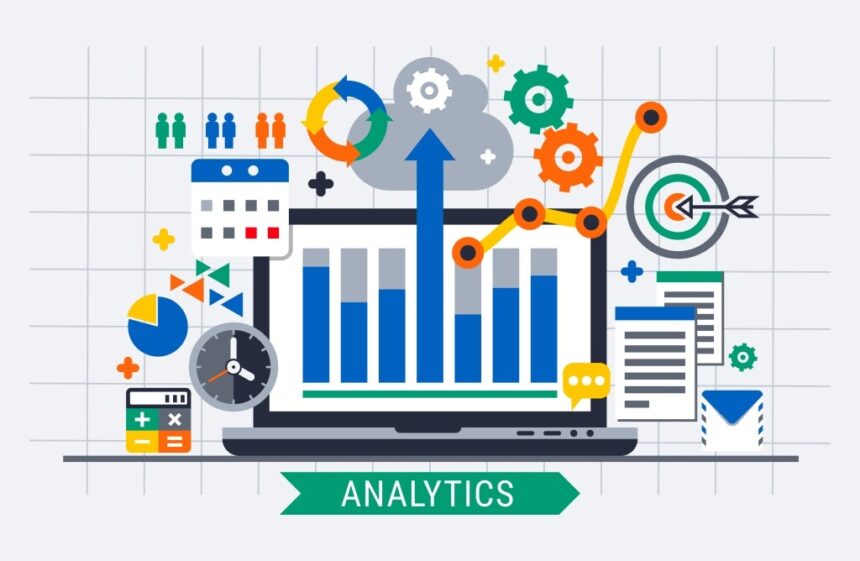One of the most effective ways to research the success of a digital marketing campaign is to simply measure your qualitative and quantitative results.
Let’s imagine that you want to write a superb blog post. You research topics in your niche that people want to learn more about. You discover the best keywords. You write the post to the best of your ability. And then … nobody sees it. You might have written awesome copy about a great product — but the blog has less traffic than the Daytona Speedway on a day with no races scheduled.
What do you do? You go enlist a professional knowledgeable in social media marketing services.
How do you know your ROI if you aren’t selling anything since you can’t use profit or loss as a measurement? How do you know if you have a positive or negative ROI, or just break even after writing your blog post? You would know you did well if you received a lot of positive comments on your blog post. This would be a qualitative measurement. You would also know if you did well because your blog got a surge in traffic and a high percentage of visitors signed up for your list. This would also be a quantitative measurement.
Let’s break down why you should use both qualitative and quantitative analysis together when it comes to evaluating your marketing campaigns.
Qualitative Analysis Is Subjective
Qualitative analysis depends on subjective judgment. You feel good about how you did, and people congratulate you on your performance. The reason for your sense of satisfaction and the praise you receive is based on unquantifiable information.
Use Quantitative Analysis to Hit Benchmark Numbers
Quantitative analysis, by contrast, is all about the numbers. Neither performance reviews nor emotions make any difference to the evaluation. Either the numbers are above or below a benchmark, and either you reach a milestone or fall short. It’s all black and white.
Let’s look at content marketing and email marketing campaigns as examples of how qualitative and quantitative analysis work in the real world of digital marketing,
1. Analysis of a Content Marketing Campaign
Short-term campaigns are easy to measure. If you launch a product and drive traffic to a sales letter from a Facebook ad, you can tell within a few days whether your campaign was a brilliant piece of marketing or a total flop. By contrast, content marketing campaigns are long-term, lasting months or years. They are difficult to measure.
If you have a YouTube channel, here is how qualitative and quantitative analysis can give you invaluable feedback.
Qualitative Analysis: If more and more people start to notice your YouTube channel, they will leave comments. If the comments are growing and you get more positive comments than negative ones, then you have a good subjective understanding of how well your content is serving your audience.
Quantitative Analysis: If more and more people are visiting your blog or your YouTube channel, then you’ll have statistical numbers on how many people are interested in what you have to say. Besides traffic numbers, you could look at the number of subscribers, thumbs up or thumbs down, and other numerical measures.
2. Analysis of an Email Marketing Campaign
Email campaigns can be short-term or long-term. A short-term campaign could be the response you get after you send out a week-long mini-course followed by a few calls to action emails to buy a product. A long-term campaign could be the relationship you build with your email subscribers over time.
Qualitative Analysis: You know you’re doing well when you feel confident about how you’re communicating your message on email and get positive emails back from your readers. And you know you’re not doing well when you can’t figure out what to say in your emails and never hear from anyone even when you send out brief surveys.
Quantitative Analysis: With email marketing, you can use a wide number of metrics to see how well you’re doing. How many people open your emails? How many people click on the link in your email? How many people subscribe to your list? How many people unsubscribe?
Naturally, you will need a balance of both a qualitative and quantitative analysis to come up with a reasonable assessment of how well your marketing campaigns do. By using both qualitative and quantitative means of assessment, you can get the most accurate feedback. Many marketers tend to favor one over the other, but you need to use both to get the full story. An educated approach to analytics is essential in all of your content marketing efforts.







